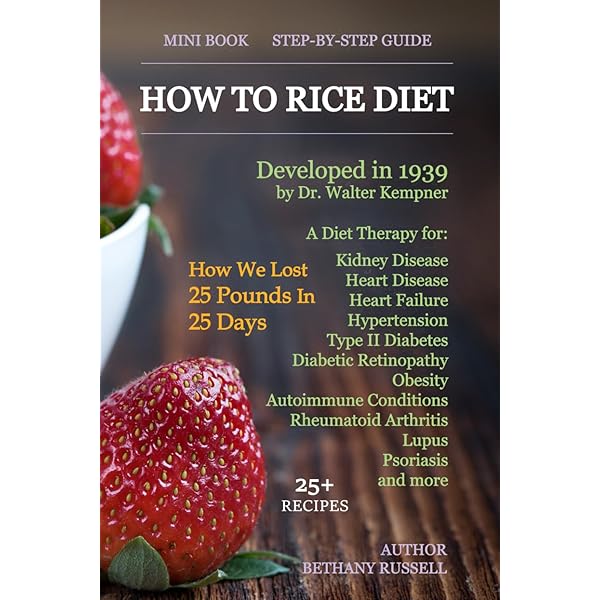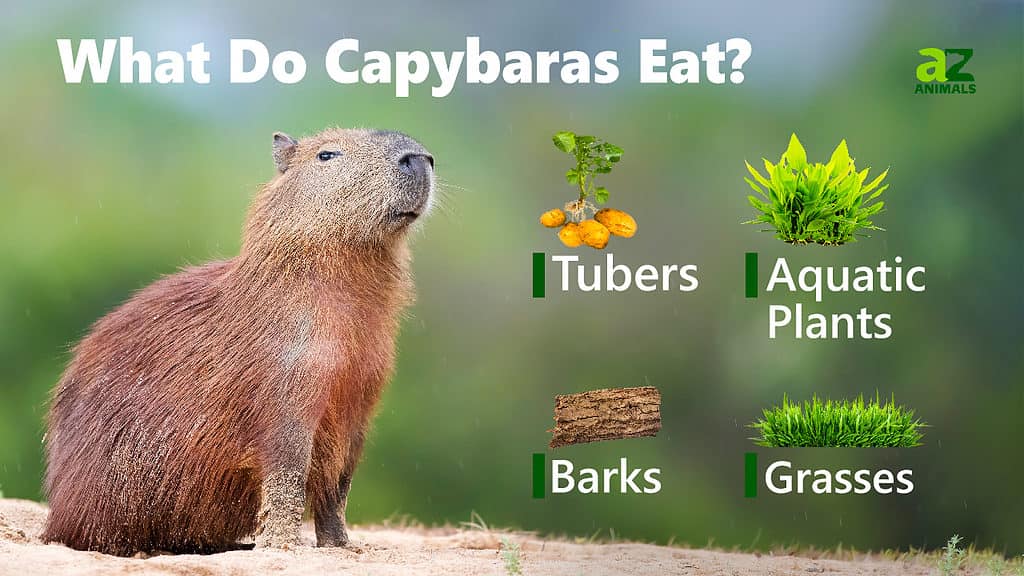Top 5 Science Diet Senior Dog Food Options for Healthy Aging

Top 5 Science Diet Senior Dog Food Options for Healthy Aging
As our furry companions age, their dietary needs change significantly. Choosing the right food for senior dogs is essential for maintaining their health, maximizing their vitality, and ensuring a higher quality of life. The market is filled with various options, but Science Diet senior dog food stands out due to its scientifically formulated recipes that cater specifically to the needs of older dogs. This article explores five premier Science Diet senior dog food options that can help your beloved pets thrive through their golden years.
In this article, we will cover the most suitable Science Diet options, examining their nutritional benefits, ingredients, and how they meet the unique dietary needs of senior dogs. We will also discuss practical aspects of senior dog nutrition, tips on transitioning diets, and what to look for in pet food labels. Let’s dive into the best choices available for your aging canine companion.
Essential Nutrition for Senior Dogs
Understanding the nutritional needs of senior dogs is crucial. As dogs age, their metabolism slows, and they require a diet that supports energy levels without excess calories. Senior dogs benefit from balanced nutrition that includes high-quality proteins, omega fatty acids, and essential vitamins to maintain health and mobility.
Nutritional Requirements for Aging Dogs
Senior dog nutrition is characterized by a need for higher fiber, lower calories, and specific vitamins and minerals to support overall health. Protein remains important but should come from easily digestible sources. Antioxidants, such as vitamin E and selenium, help combat oxidative stress, a common concern in aging canines.
Common Health Issues Requiring Special Diets
Older dogs often face a variety of health issues like joint pain, kidney problems, and obesity that necessitate dietary adjustments. Foods fortified with glucosamine can aid joint health, while diets low in phosphorus can benefit dogs with kidney concerns. Managing weight through controlled calorie intake helps to prevent obesity-related health complications.
Choosing the Right Food for Older Dogs
When selecting dog food for older dogs, look for products that highlight specific age-appropriate nutrients. Premium dog food for seniors typically includes fewer fillers and more whole ingredients. Reading labels carefully will help you determine the best kibble for senior dogs.
Top Science Diet Senior Dog Food Options
Now that we've established the essential nutrition needed for senior dogs, let's explore the top five Science Diet options tailored for healthy aging.
1. Hill's Science Diet Senior 7+ Chicken Recipe
This formula is specifically designed for dogs aged 7 years and older. It contains balanced nutrition aimed at supporting brain health, as well as joint and dental health. The high-quality protein sources ensure muscle maintenance, while the added vitamins help enrich the dog’s diet.
2. Hill's Science Diet Adult 6+ Small Paws Chicken Recipe
Perfect for small senior breeds, this recipe is tailored to their unique needs, ensuring less strain during digestion. It features small kibble sizes for easy chewing and is fortified with antioxidants to enhance immune health.
3. Hill's Science Diet Sensitive Stomach & Skin Chicken Recipe
This option addresses common digestive issues in senior dogs by providing easy-to-digest ingredients. It includes prebiotic fiber that aids in promoting a healthy gut, which is critical for older dogs who may face stomach sensitivities.
4. Hill's Science Diet Senior 11+ Small Bites Chicken Meal
For senior small-breed dogs over 11 years, this recipe offers a mix of nutrients suited for longevity and vitality. It supports skin and coat health through omega-6 fatty acids, ensuring your senior dog looks as good as they feel.
5. Hill's Science Diet Perfect Weight Adult 7+ Chicken Recipe
This low-calorie formula is designed for seniors needing weight management. Its unique blend of fibers helps dogs feel full, reducing the likelihood of over-eating, while still providing complete nutrition.
Transitioning Senior Dogs to New Foods
When introducing a new diet, particularly in senior dogs, it's vital to transition gradually. A sudden dietary change can lead to stomach upset. Start by mixing a small amount of the new food with the current diet, gradually increasing the new food while decreasing the old one over a week-long period.
Monitoring Health During the Transition
During the transition, closely observe your dog’s behavior, appetite, and any changes in bathroom habits. If any adverse reactions occur, consult your veterinarian to ensure your chosen food is suitable. Regular visits for health check-ups can help you fine-tune their diet as their needs evolve.
Adjusting Portion Sizes
Maintaining healthy weight management in senior dogs is crucial. Use the feeding guidelines on the food package as a starting point, but be prepared to adjust based on your dog’s specific health needs, lifestyle, and activity levels. Proper portion control is essential to promote longevity and avoid obesity.
Expert Recommendations for Senior Dog Nutrition
Veterinarians emphasize the importance of high-quality nutrition for senior dogs. It’s recommended to choose dog food that includes nutritional supplements like glucosamine, probiotics, and omega fatty acids. These can greatly aid in maintaining joint health, digestive support, and overall wellness in aging dogs.
Additional Considerations for Senior Pet Care
In addition to diet, seniors benefit from regular exercise and mental stimulation to keep them active and engaged. Activities like short walks and interactive toys can improve their quality of life alongside a nutritious diet tailored to their changing needs.
Key Takeaways for Senior Dog Owners
Investing in high-quality senior dog food will have lasting positive impacts on your pet’s health. Selecting the right food, understanding their dietary changes, and closely monitoring their wellbeing is key. By prioritizing these elements, you can help your senior dog live a healthier and happier life.
Q&A: Common Questions About Senior Dog Nutrition
Q: How do I know if my dog is getting enough nutrition?
A: Monitoring your dog’s weight, energy levels, and coat condition can provide insight into their nutritional health. Regular veterinary check-ups are also recommended for personalized dietary evaluations.
Q: Are grain-free diets beneficial for senior dogs?
A: Not all dogs require a grain-free diet; it depends on individual sensitivities. Consult with your vet to determine if grain-free is suitable for your dog's specific health needs.
Q: What are the signs of dietary deficiencies in senior dogs?
A: Signs include poor coat condition, lethargy, weight loss, or changes in behavior. If you notice these issues, reassess their diet and consult your veterinarian.
Q: Can I give my senior dog treats?
A: Yes, but be cautious with portion size. Choose healthy treats that align with their dietary needs, and consider using them sparingly to avoid overfeeding.
Q: Should I use vitamins or supplements in my senior dog's diet?
A: If your dog has specific dietary restrictions or health issues, supplements can be beneficial. Consult your vet to determine the most beneficial nutrients for your dog.

